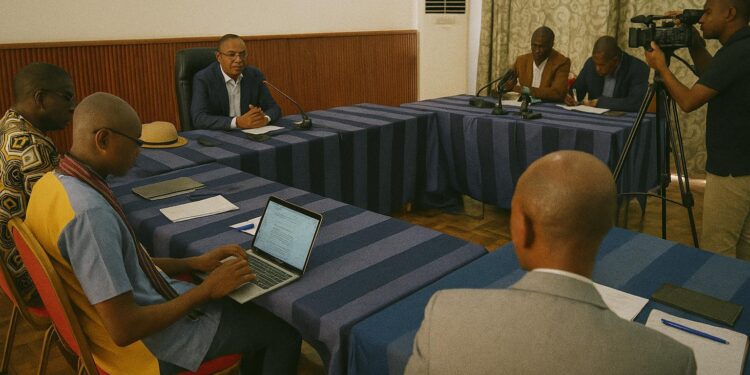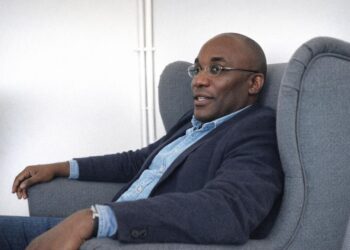Brazzaville Sets the Stage for Digital Visibility
For two midsummer days, the banks of the Congo River resonated not only with rumba bass lines but also with the hum of data analytics jargon. Inside the International Conference Center of Brazzaville, the Organisation internationale de la francophonie, in concert with the National Organising Committee of FESPAM, convened critics, festival directors and platform engineers to contemplate the elusive notion of musical “discoverability.” The gathering unfolded under the benevolent patronage of President Denis Sassou Nguesso, whose administration has consistently underlined cultural diplomacy as a pillar of national soft power. By positioning Congo-Brazzaville as a laboratory for digital cultural policy, the government signals its intent to move from exporter of live rhythms to curator of an online sonic footprint compatible with contemporary consumption habits.
From Visibility to True Discoverability
Senegalese journalist and creative-industry analyst Lamine Ba opened the proceedings by drawing a decisive line between mere visibility and discoverability. Visibility, he argued, is an outcome one may purchase through advertising budgets. Discoverability, by contrast, is earned when algorithms unpromptedly surface a song to listeners who did not know they needed it. The International Federation of the Phonographic Industry estimates that over 120,000 new tracks are uploaded to major platforms daily (IFPI Global Music Report 2024). In such a saturated landscape, Ba maintained, African repertoires risk drowning unless their metadata are disciplined to converse fluently with recommendation engines. His position echoes UNESCO’s 2022 conclusion that metadata literacy is now as crucial to cultural sovereignty as traditional copyright law.
Algorithms, Metadata and the New Diplomacy of Culture
Participants concurred that metadata—composer names, languages, ISRC codes, even mood descriptors—constitute the diplomatic passport of a song. Without those digital stamps, a Congolese choir may remain confined to local playlists irrespective of its artistic merit. Drawing on the OIF’s 2023 policy brief on Francophone digital culture, project coordinator Kanel Engandja Ngoulou insisted that discoverability policies must be embedded upstream, starting at the moment a studio session is booked. Music In Africa Foundation representatives demonstrated dashboards showing how a four-word description can raise algorithmic placement by 30 percent for emerging artists, a statistic corroborated by Spotify’s Fan Study 2023.
Institutional Ownership and Regional Cooperation
Beyond the technical debate, the workshop highlighted an institutional dimension. Congolese Commissioner General Hugues Gervais Ondaye praised the Ministry of Culture’s decision to integrate a digital literacy strand into all future FESPAM editions, noting that “dancing is imperative for the soul, yet mastering the tools that will carry our rhythms beyond our borders is a strategic necessity.” The sentiment reflects the African Union’s 2023–2033 Culture and Arts Agenda, which recommends that member states allocate no less than one percent of national ICT budgets to cultural digitisation (African Union Commission, Culture Division). Bilateral exchanges with delegations from Kinshasa and Ndjamena hinted at an emergent Central African corridor for content distribution, a development aligned with the Economic Community of Central African States’ digital roadmap.
Beyond the Workshop: Fostering a Sustainable Ecosystem
While notebooks filled rapidly with acronyms and strategies, speakers warned against the temptation to compress the entire creative value chain into a single individual, a practice still commonplace across the continent. The most innovative markets—Lagos, Johannesburg, Nairobi—have embraced role differentiation, allowing managers, distributors and data analysts each to refine their expertise. If Congo-Brazzaville aspires to replicate those successes, a nurturing environment for specialised careers will be essential, an objective toward which the National Employment Plan for Youth in Cultural Industries, unveiled in May 2025, already gestures.
As the final Q&A faded into convivial networking, one takeaway crystallised: discoverability is less a sprint toward viral fame than a marathon of strategic alignment among artists, platforms and public authorities. In endorsing that vision, Brazzaville confirmed its ambition to conduct not only symphonies but also algorithms, ensuring that the polyrhythms of the Congo basin travel friction-free across the world’s neural networks of recommendation and desire.











































